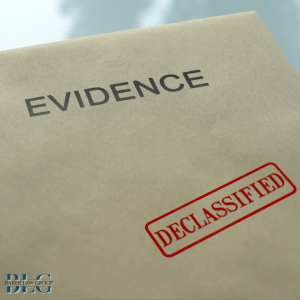 According to the First Amendment, everyone has the right to free speech. However, defamation laws safeguard individuals from harm to their health, careers, finances, and reputations as a result of false statements made by others. You must educate yourself on defamation before filing a suit.
According to the First Amendment, everyone has the right to free speech. However, defamation laws safeguard individuals from harm to their health, careers, finances, and reputations as a result of false statements made by others. You must educate yourself on defamation before filing a suit.
There are four primary types of evidence in a defamation case: testimonial, physical, documentary, and demonstration.
Testimonial Evidence. Oral or written testimony presented in court, typically under oath or affirmation under penalty of perjury, is known as testimonial evidence. Witness testimony from laypeople or experts is one type of this kind of evidence.
Documentary Evidence. Documentary evidence is any evidence presented at trial in the form of written or written documents, such as a defamatory statement in an email.
Physical Evidence. A tangible object presented during the trial is called physical or real evidence. These things can be seen, touched, or felt because they are tangible.
Demonstrative Evidence. Demonstrative Evidence presented at trial that exemplifies or represents other evidence is referred to as demonstrative evidence. Demonstrative evidence, for instance, would be a timeline detailing when defamatory statements were made.
Contact a Defamation Attorney Colorado Residents Trust
If you have been the victim of defamation, it is essential to consult with an experienced Denver defamation attorney who can help you protect your rights.
Baker Law Group is a Denver defamation law firm that offers skilled Colorado defamation lawyers who will work tirelessly to ensure you receive the justice you deserve.









